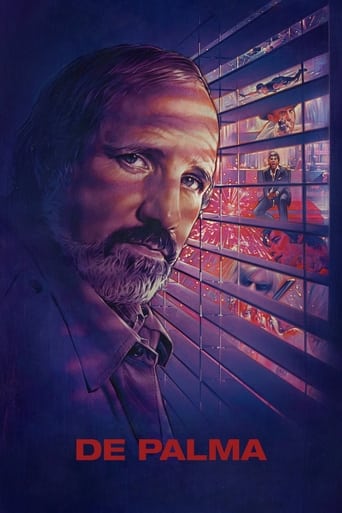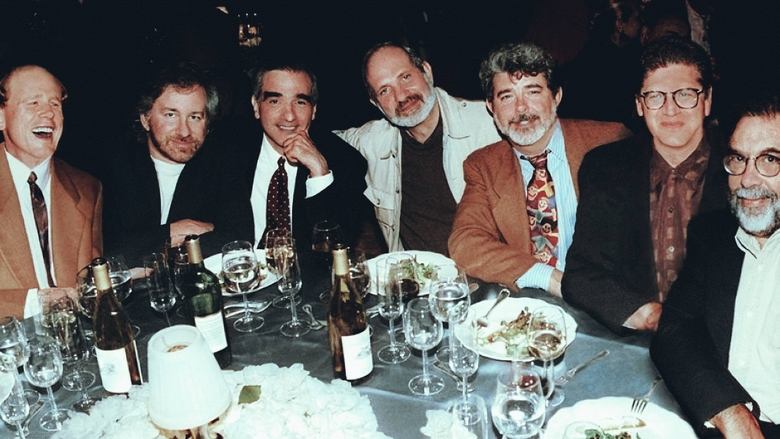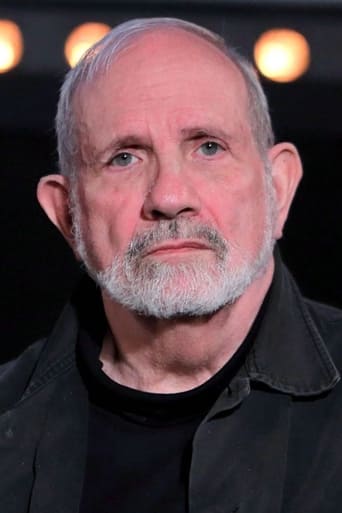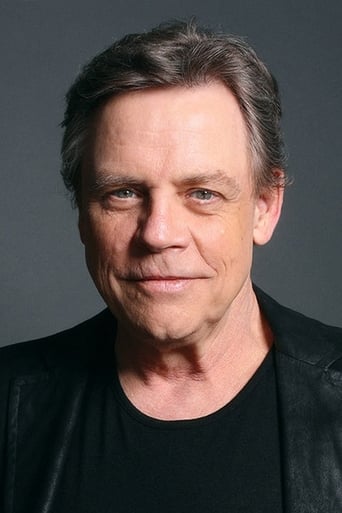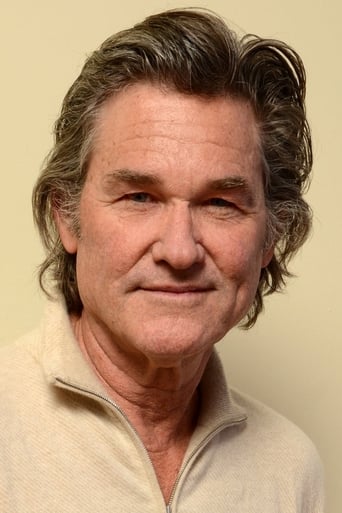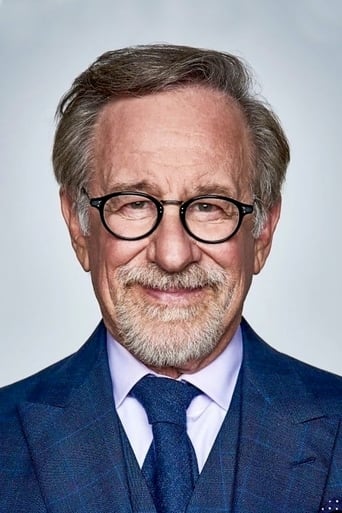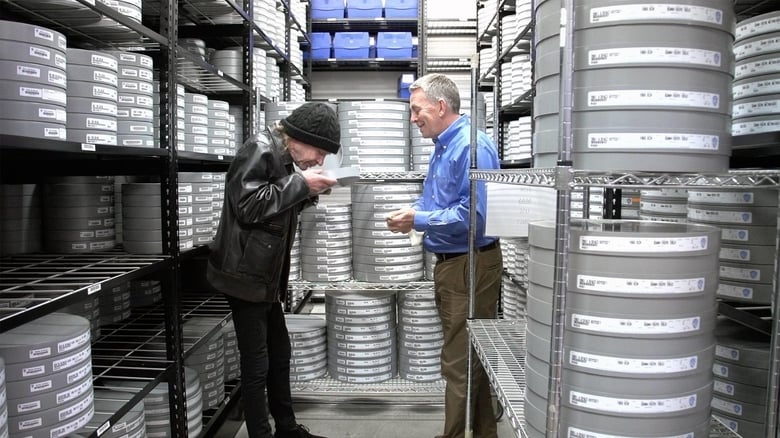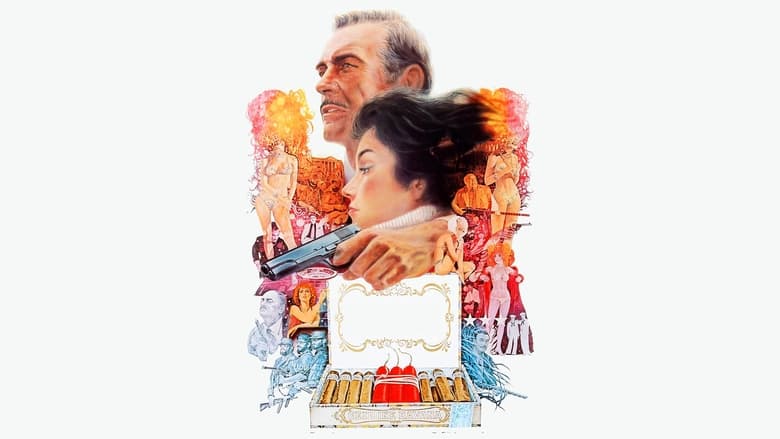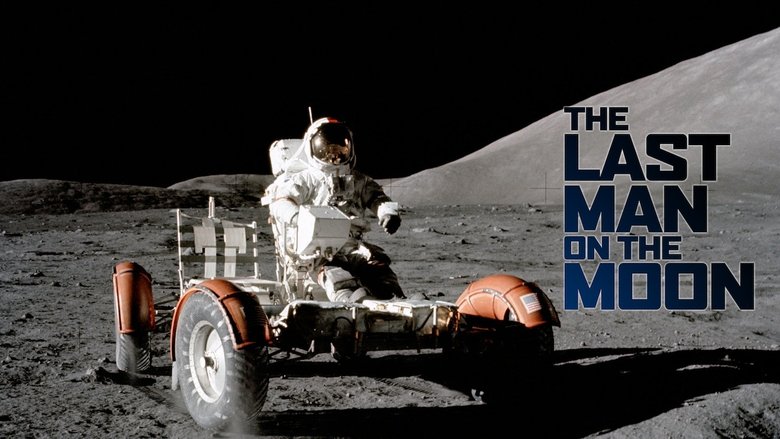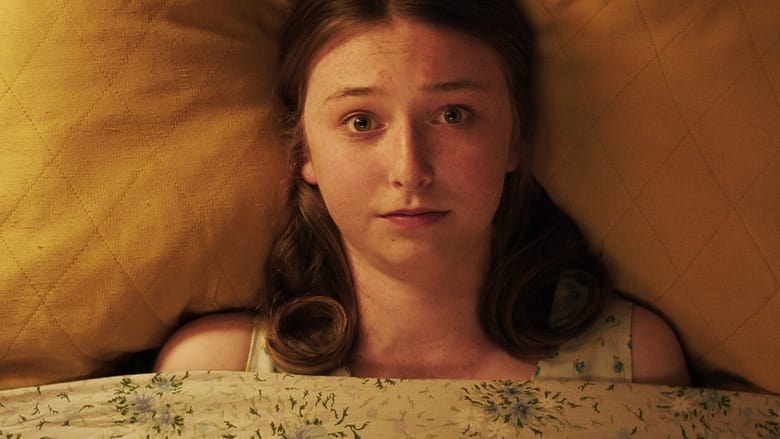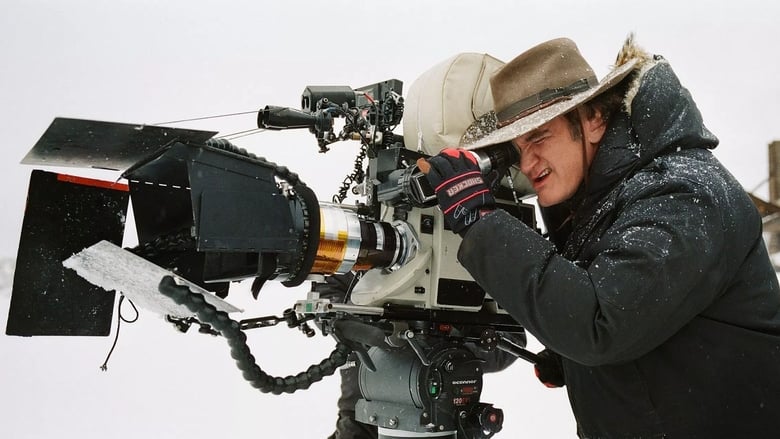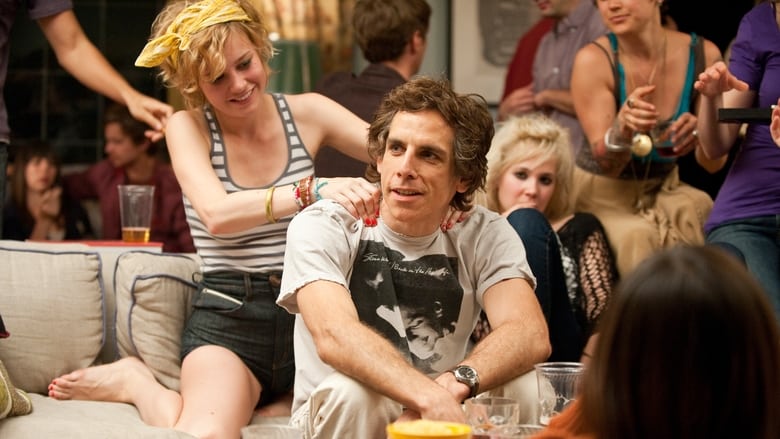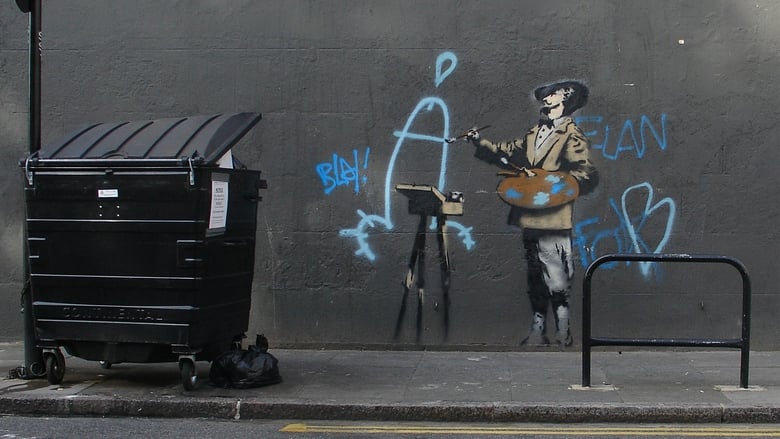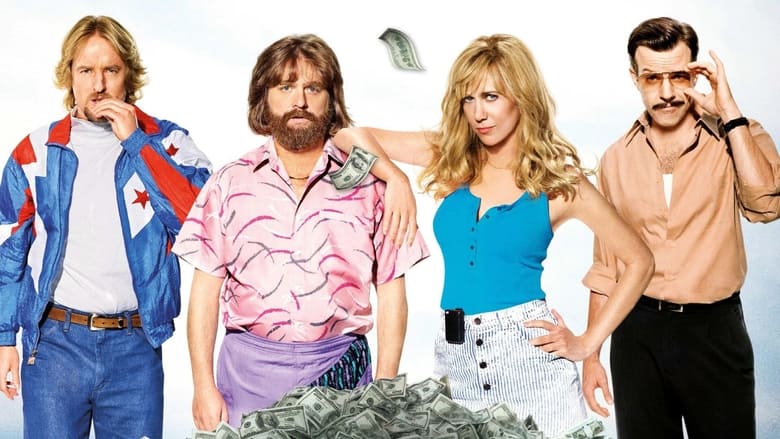An intimate conversation between filmmakers, chronicling De Palma’s 55-year career, his life, and his filmmaking process, with revealing anecdotes and, of course, a wealth of film clips.


Similar titles
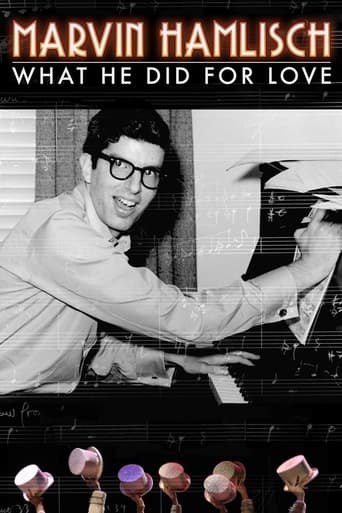
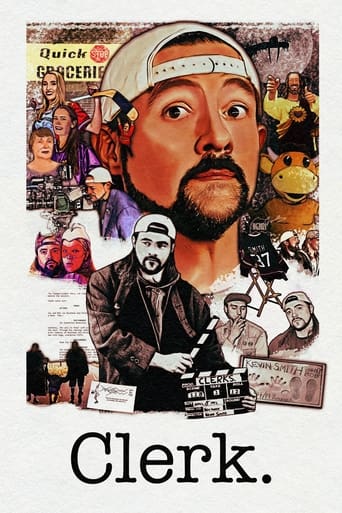
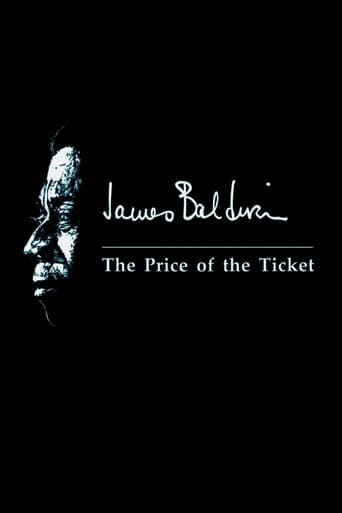
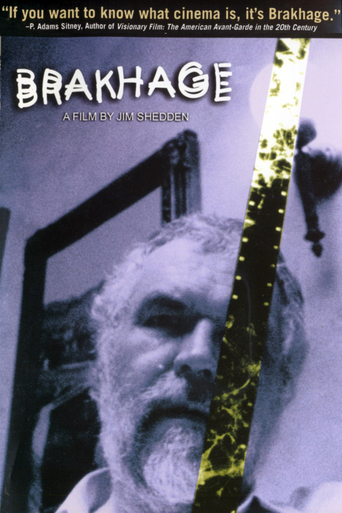

Reviews
A documentary film exposes the life and career of Hollywood director Brian De Palma who began making films fifty years ago.This film tells a fine history, not just of De Palma's films or films in general, but also of the various historical events that influenced movies throughout the decades. Any history of the period that began in the late 60s and continued through the 70s is always welcome. De Palma mentions that there was much more freedom in those days before the business lobby took over Hollywood in the 80s and continued dominance ever since.There is enjoyable nostalgia in seeing clips of De Palma's films (which include a young, pre-stardom Robert De Niro) and those of other films that influenced him. These clips are the only alternative to this movie's main source of storytelling: De Palma himself narrating his history. While he is engaging and never dull as a speaker, the documentary feels incomplete as it lacks interviews from others - whether they be specifically for this film or older film clips from friends and foes.At one point, the renowned director mentions that he was condemned as misogynist for depicting violence against women. While he defends himself well, it would have been more interesting to hear directly from the other side. In fairness, male characters were also brutally treated in his films. His thrillers pushed the boundaries for violence. Personally, I've never been a fan of this kind of film-making even though I've enjoyed some of De Palma's films. Some of his films may stand out in movie history but I don't think the genre of excessive violence is worth glorifying.
De Palma (2015) **** (out of 4) Directors Noah Baumbach and Jake Paltrow got Brian De Palma to sit down and talk about all of the movies that he has made. This documentary has De Palma basically giving a history lesson about all of his movies. He talks about his influences, their failures or things that he wish he had done differently.If you're a fan of De Palma's work then you probably already know that he has contributed to countless interviews and special features for his movies. There's a lot of stuff out there where the director talks about his career but this documentary works because you can pretty much get everything in one sitting. I really liked the flow of the picture because it really does come across as being shot in real time and it's just like you're sitting down at a table with the director and listening to him talk about his career.DE PALMA is certainly a must-see for film buffs because the director is quite honest with his talk. At this point in his career he certainly doesn't have to worry about offending anyone and this leads to some very good stories about issue he had on films with actors including Robert DeNiro on THE UNTOUCHABLES. Each film is given a good amount of discussion and it's fascinating getting to hear the director pat himself on the back when he thought he did a great job or pointing out things that went wrong.None of them films are given great, full details but as I said there are countless bonus features out there that dive into each film in more detail. This film works remarkably well because of how simple it is. The camera is set up close to De Palma and he simply talks and tells stories.
You know, I went into this experience thinking I what was a big fan of De Palma, but was really cool is, I knew nothing, but learned a lot.I was expecting this movie to be all about Carrie, the Untouchables, Mission Impossible, but for those of us who De Palma became a big name for because your of the generation that group up with Hip hop artist who loved Scarface, that movie and many of his mainstream hits play an important part in this sit down interview, but a small one, as De Palma talks with great personal depth a careering touching 50 years.He's tells the story from his perspective and it's told with an honest feel, and it gives you perfect insight on his film style. He's a guy who loves indie films for the freedom it allows but needed to prove to himself that he can make a mainstream hit. He defends his disturbing images, by revealing to us how he did not realize it was disturbed.Though focus on his movies, De Palma does give you personal insight on his upbringing and the state of mind he was in when he made those movies (like during the early 80s when he constantly cast his then wife, Nancy Allen, which he knew as damaging to their relationship).A few times in the film, his treatment of women in his films came up and once again this is where his honesty of what he was trying to do came up. The interview is intertwine with clips from his movies and other movies that inspire him, and I think every nude scene De Palma has ever filmed was used here. Another contemporary subject was War in which he was able to give his two cents on what's going on now by talking about the two war movies he did do.It's a great sit down for not just De Palma fans but for film fans everywhere. The man was enjoyable to listen to for almost two hours and he told great stories about the development for his long list of film credits.Now I have to go out and find the movies I never seen.
This is perhaps the most mundane film ever about a most colorful filmmaker.Watching "De Palma," one gets the sense of a home movie more than a professional retrospective of a director's career. The interviews are insightful, and he tells some good stories -- but he is filmed and edited so ineptly the stories lose much of their impact. The film clips are also choppy and badly cut -- that is, badly incorporated. De Palma's famous long takes are sliced and diced and jammed into the narrative without ever allowing one the pleasure of just enjoying the man's craft. His narration also seems rushed and jammed together. I read that this film was put together from 30 hours of interview footage. It shows. One can tell his many hours of speaking have been condensed and shortened and jammed into 100 or so minutes. And because only a single camera angle was used, the editors apparently re-sized the image occasionally just to create a bit of variety.It's also very much of an insider's film. De Palma speaks of friends and colleagues using nicknames the general public isn't aware of. And yet we're supposed to understand. For example, most audiences don't know who composer Bernard Herrmann is, and fewer still know his industry nickname, "Benny." When De Palma starts referring to "Benny," it's not clear who he's talking about. This could have been cleared up in the editing -- but apparently the film's two editors -- who have never edited a documentary before -- and the directors, who have never directed a documentary before -- felt clarity wasn't important.The film is at its worst near the end, when De Palma's final words, summing up his life as a director, are played off-camera. This clearly illustrates the inexperience and ineptitude of both directors and editors. It's a pity someone with a fraction of De Palma's talent and skill wasn't entrusted with telling the life story of one of our greatest filmmakers.
